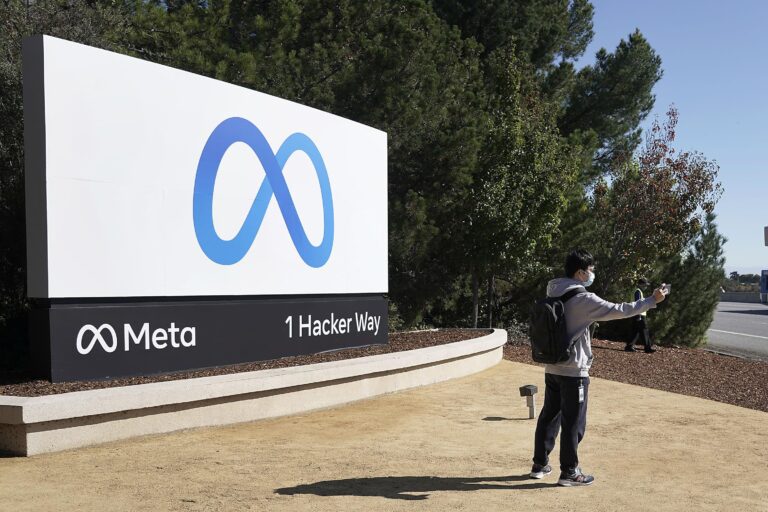The Oculus acquisition puts the spotlight on corporate governance.
- Facebook is an internet company that makes its money by monetising the traffic of users of its free service.
- There is no rational reason for it to suddenly branch out into virtual reality hardware.
- I cannot see any way that this acquisition will create value for Facebook shareholders.
- This is because:
- First: There is no way that virtual reality hardware will enhance the Facebook service that generates the traffic that is used to earn revenue.
- Second: The price paid for this asset is so high that even in a blue sky scenario Facebook shareholders will probably lose out.
- Consequently, this looks like a whimsical acquisition that does not have a prayer of earning a decent return.
- This deal looks very much like Google’s decision to turn a ship into a floating retail store or to spend $1bn on a London HQ that it does not need.
- This is a fundamental issue with both of these companies in that the economic interest and the control of the company are not aligned.
- The founders have a much higher share of the votes compared to their economic interest which gives them the licence to spend other people’s money with no accountability.
- Even when things go badly wrong, investors have no power to remove management, vote down resolutions or force it to return their own money back to them.
- This was the problem that took Ericsson to the brink of bankruptcy 12 years ago resulting in a deeply discounted emergency rights issue.
- While things are going well and the shares are rising, no one seems to care about this issue but when things go wrong it will be front and centre.
- I can be pretty sure that any crisis in Facebook, Google or Alibaba will be much deeper and longer in duration because of investors’ inability to force management to act.
- Hong Kong lost the listing of Alibaba to the NYSE because it would not allow an inequality of voting rights and economic interest.
- Many commentators are berating the Hong Kong exchange for being out of date but in fact the reverse is true.
- History has shown that it is the companies where the economic interest and the voting interest are aligned that always fare better in the longer run.
- This inequality is perfectly acceptable in smaller companies where there a few expert investors who all know the score but in large public companies it is a completely different story.
- I deal with this issue by valuing these companies on a fair and reasonable basis and then reducing that number by 30% to account for the governance shortcoming.
- If there is still upside after that adjustment, then I can consider an investor well compensated for the additional risk he is taking.









Blog Comments
Anish
March 27, 2014 at 10:46 am
Very very true !
Tatilsever
March 27, 2014 at 9:29 pm
>”Many commentators are berating the Hong Kong exchange for being out of
> date but in fact the reverse is true.”
Amen!…
By the way, The Economist commented that giving different voting weight to different types of shares (i.e. insiders and founders) would be more dangerous in Hong Kong, whereas shareholder litigation somewhat balances the scales in the US.
windsorr
March 28, 2014 at 2:03 pm
I would disagree with that. Its a practice that has a place in private companies but not in public ones.
Shareholder litigation would likely fail as the classic defense is caveat emptor which is completely true in these cases
Tatilsever
March 29, 2014 at 5:03 am
They cannot litigate for not having the same voting rights per share, but they can file lawsuits if they can argue that some actions were to the detriment of the shareholders with less voting rights. Some will be settled as nuisance suits without any impact on decision making, especially if it comes to boneheaded acquisitions that hurt every shareholder, with or without extra voting power. Still, they act as a safety valve preventing any major decisions that would enrich the insiders while hurting the others. I am not sure if this is the case in other jurisdictions.
I still agree with you that it would be better to have every shareholder to have the same voting rights per share, but giving higher voting power to some could be even more detrimental outside the US.